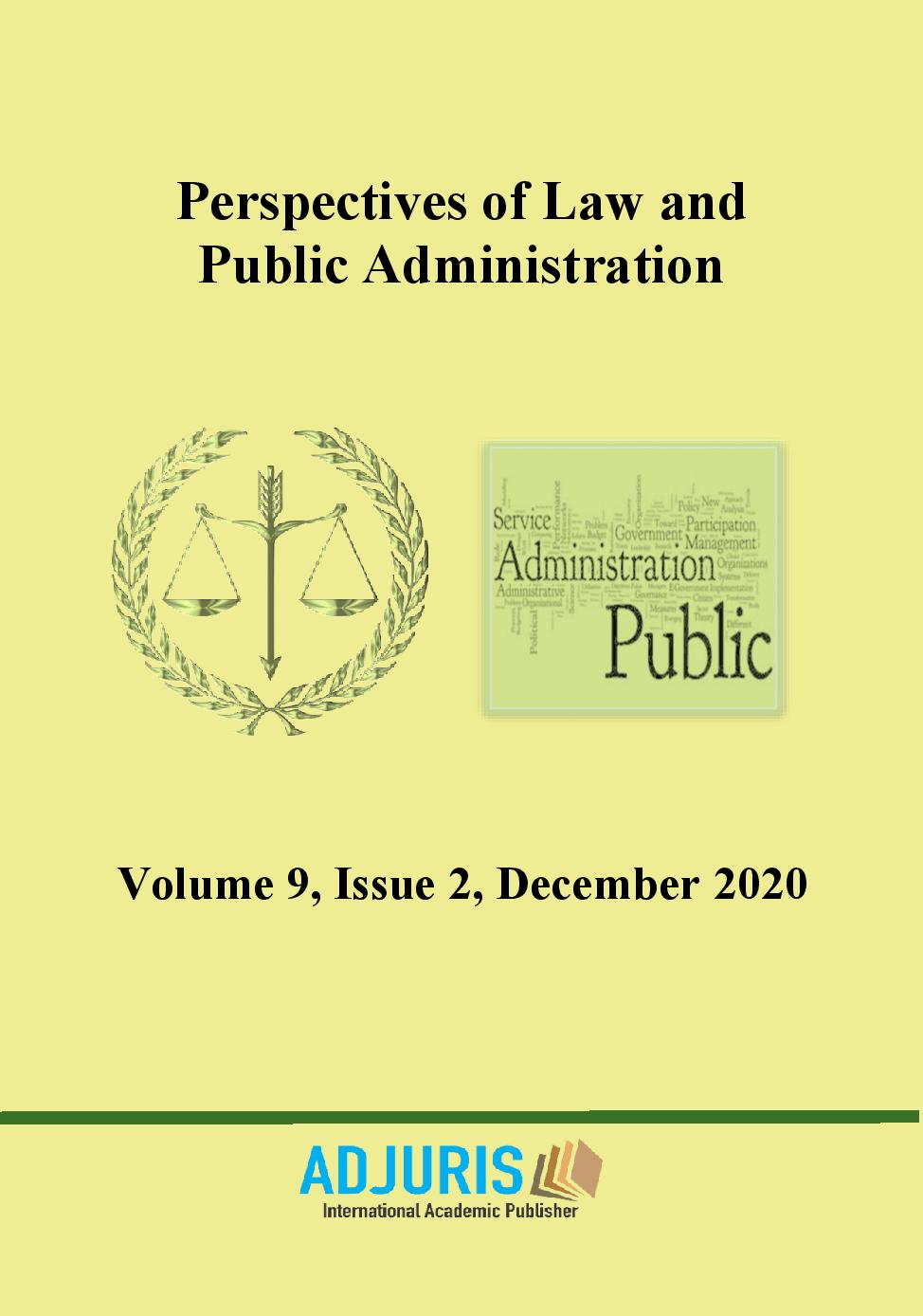OBJECTIVE AND SUBJECTIVE ASPECTS IN THE EVALUATION OF EMPLOYEES IN THE COLLECTIVE REDUNDANCY PROCEDURE
OBJECTIVE AND SUBJECTIVE ASPECTS IN THE EVALUATION OF EMPLOYEES IN THE COLLECTIVE REDUNDANCY PROCEDURE
Author(s): Ioana Cristina Neagoe-DinițăSubject(s): Law on Economics
Published by: Societatea de Stiinte Juridice si Administrative
Keywords: collective redundancy; performance; goals; criteria; selection; ranking;
Summary/Abstract: By its nature, dismissal for grounds not related to employee's person in the context of a large collective redundancy must have an objective nature, thus being differentiated from dismissal based on other types of grounds, such as the professional inadequacy. The performance goals appraisal is mandatory for the collective redundancy procedure, but it does not exclude a broader professional appraisal based on a professional competence criterion, agreed with the social partners. The need to organize a selection based on professional criterion with the view to establish the priority for dismissal is considered preferable even by the courts, being known that the recurrent appraisal does not provide a relevant and useful output to a real ranking of employees, apparently all of them meeting the employer's expectations. Within the appraisal procedure for the purpose of selection, a more detailed comparison of competencies is made and a ranking is possible, finally allowing the selection for dismissal. This study aims to unravel aspects of legality and opportunity regarding the use of subjective aspects related to performance and professional competence within the objective context of collective redundacies undertaken for grounds not related to the employee.
Journal: Perspectives of Law and Public Administration
- Issue Year: 9/2020
- Issue No: 2
- Page Range: 167-175
- Page Count: 9
- Language: English

